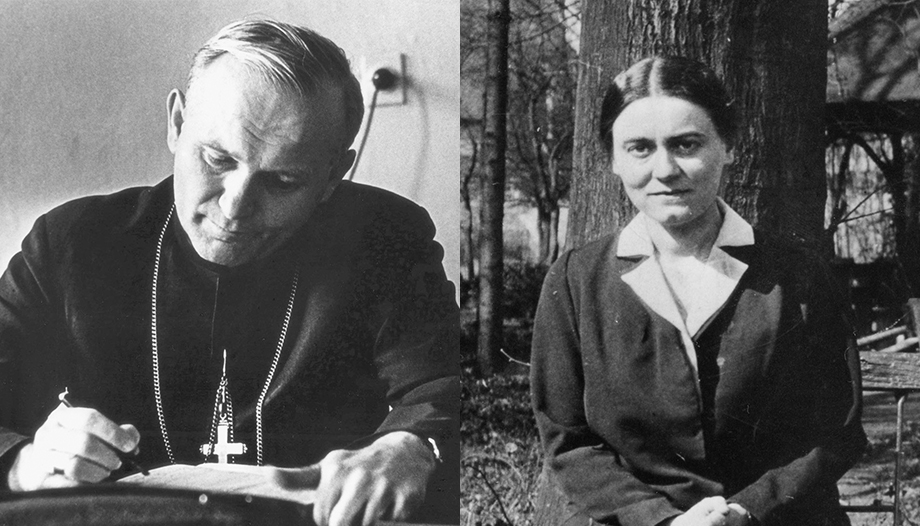At this point no one disputes that the brotherhoods are not foreign bodies to society, but are part of it and are affected by the same problems.
In the analysis of today's society, there is a strong current of relativism and a populist discourse that leads man to surrender his freedom to the state in exchange for the guarantee of a certain welfare; although in the end he ends up without freedom and welfare.
In a social environment as liquid as the one in which we live, the brotherhoods should not position themselves corporately in the political struggle, but they should give criteria to the brothers (CIC c. 298) so that they can have a positive impact on society.
They should not present technical solutions for the resolution of social problems, nor should they propose systems or express partisan preferences.
Among the missions that the Code of Canon Law assigns to the brotherhoods is the Christian perfection of their members; to fulfill this mission it is necessary to identify the differential notes of the person and to strengthen them.
They must proclaim the moral principles and give criteria on any human issue, including those concerning the social order, to the extent that the fundamental rights of the person, of their brothers and sisters, demand it.
This analysis of society is not done in a vacuum, but from a certain anthropology, more or less explicit, so that the management and development of the brotherhoods must be the external manifestation of a firm doctrinal foundation and a solid inner life of those in charge.
However, there are sisterhoods that are buying into the dominant discourse of sociology. kofrade, centered on the most gratifying topics - processional procession, annual worship services, social activities - and isolating themselves from the debate of ideas, which they consider foreign to the life of the brotherhood. They thus assume a vision of reality without foundation and centered on feelings. A friendly and comfortable model, but one that weakens the brotherhoods, making them vulnerable.
The Second Vatican Council proposes to the faithful "the Christianization of society from within" (LG No. 31) and the Code of Canon Law transfers this imperative to the brotherhoods (CIC c. 298).
In order to work along these lines, the Church continually provides everyone, including the sisterhoods, with the doctrinal foundations for the necessary social dialogue.
Lately it has done so through two exceptional and very current figures: St. John Paul II and St. Edith Stein, Doctor of the Church.
Both move in the realm of personalism: the meaning of human existence is recognized to the extent that the person [the brotherhoodto attend to the task that has been assigned to you [its purposeThe first is to reach its perfection.
Consequently, the "quality" of the person [of the brotherhoodIt does not depend on their compliance with certain norms, nor on the observance of customs and customs of the confraternity, but on their behavior being in accordance with their nature.
It is the study of action that reveals the person and his or her development as a person.: "every person [each siblingThe "action is perfected in action, to the extent that this action conforms to the natural law, imprinted in man as a participation in the divine nature". (Karol Wojtyla, "Person and Action").
In the brotherhood, as in society, each one must put his abilities at the service of others, aware that the ultimate criterion of a person's value is not what he brings to the community, to the family, to his brotherhood, "... but what he brings to the community, to the family, to his brotherhood, "...".but whether or not this contribution responds to God's call, whether or not it is in accordance with his nature." (Edith Stein, "The structure of the human person").
This approach is a bit laborious to assume, but it provides the Elder Brother and other leaders of the brotherhood with a special freedom and serenity in their actions, even when it might be shocking to some.
It is very likely that neither of these two saints, of solid intellectual formation, were aware of the importance of their personalist approaches for the brotherhoods, but they have opened a very interesting path, full of opportunities, for the development of the same. Now it is a matter of following them.
D. in Business Administration. Director of the Instituto de Investigación Aplicada a la Pyme. Eldest Brother (2017-2020) of the Brotherhood of the Soledad de San Lorenzo, in Seville. He has published several books, monographs and articles on brotherhoods.












